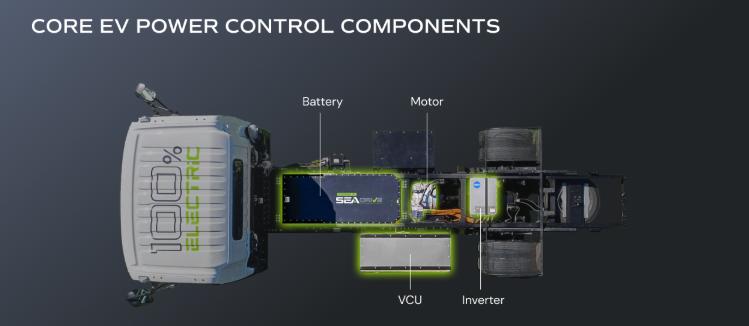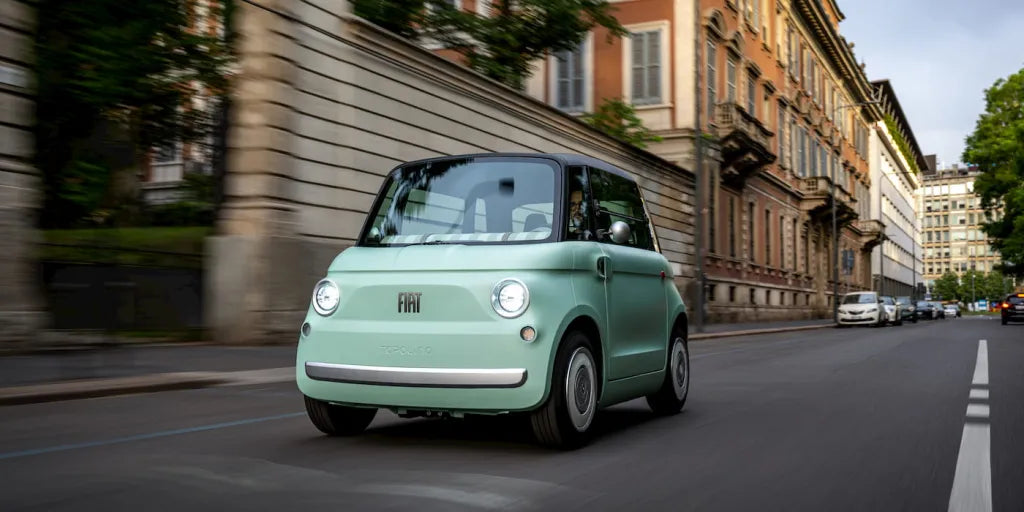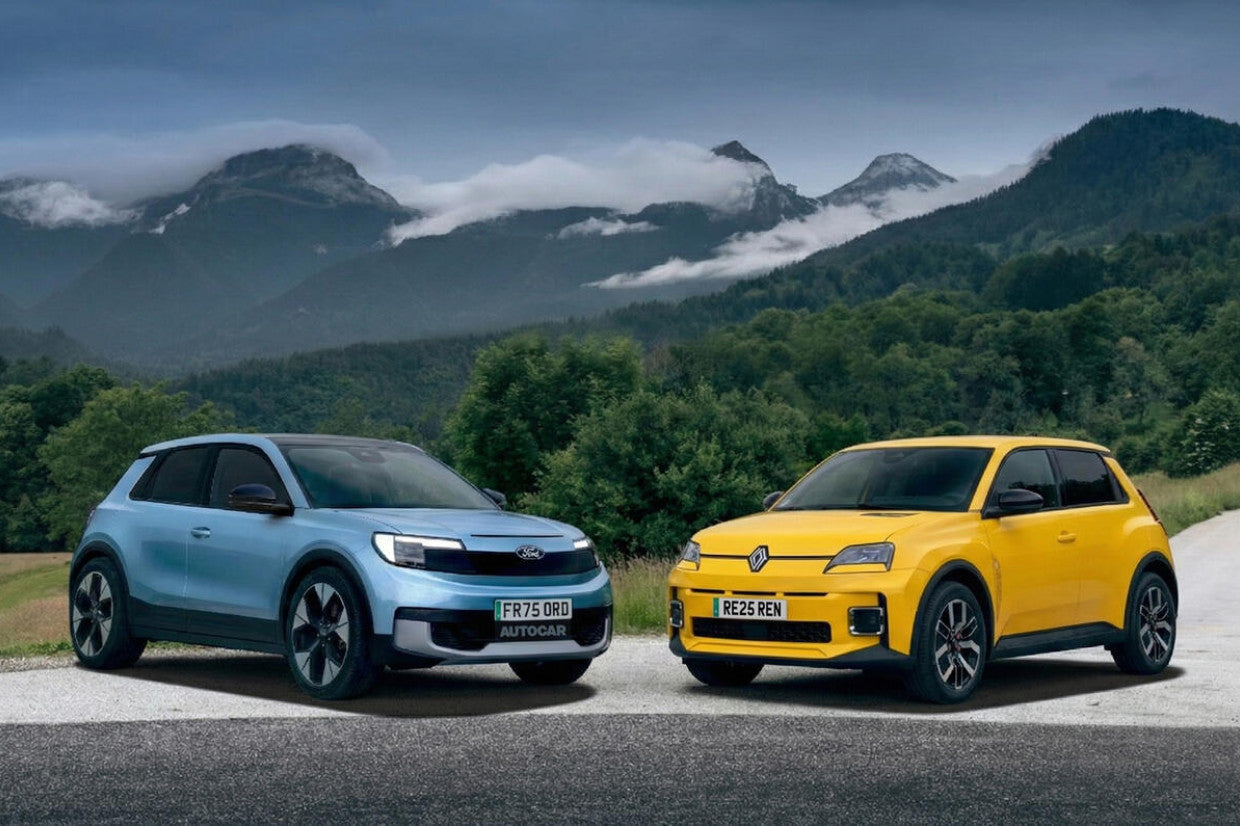As electric vehicles (EVs) become more mainstream, the complexity of their internal components continues to grow. One crucial yet often overlooked system is the Vehicle Charging Control Unit (VCCU). This component serves as the brain of the vehicle's charging system, managing how energy flows into the EV battery safely and efficiently.
Understanding the VCCU: What It Does
The Vehicle Charging Control Unit (VCCU) is an embedded electronic module responsible for monitoring and controlling the charging process of an electric vehicle. Positioned between the EV’s onboard charger and the battery management system (BMS), the VCCU acts as a mediator between the external charging station and the internal battery components.
Key Functions of the VCCU:
-
Power Flow Control: It regulates the charging current and voltage coming from the EV charger, ensuring it aligns with the battery’s safe limits.
-
Communication Management: The VCCU communicates with both the BMS and external charging station (via protocols like ISO 15118 or DIN 70121), allowing coordination for optimal charging behavior.
-
Safety and Protection: It monitors temperature, voltage, and current to prevent overcharging, overheating, or other malfunctions.
-
Charge Mode Switching: It helps switch between AC and DC charging modes based on what the charger supports.
-
State-of-Charge Calculation: It assists in calculating the real-time battery SOC to inform drivers about the estimated range and remaining charging time.
System Diagram of VCCU Operation

Why the VCCU Is Essential for EV Safety and Efficiency
The modern EV charging process is not simply about plugging in. It involves secure data exchange, precise energy control, and real-time monitoring — all of which are orchestrated by the VCCU. Without this component, risks such as battery degradation, thermal runaway, or inefficient energy transfer would significantly increase.
Benefits of an Efficient VCCU:
-
Battery Health Optimization: Prolongs battery lifespan by managing ideal charging profiles.
-
Faster Charging Response: Improves charging speed adaptability based on available power.
-
Energy Cost Management: Supports smart charging when integrated with grid and energy tariffs.
-
Bidirectional Communication: Enables Vehicle-to-Grid (V2G) or Vehicle-to-Home (V2H) capabilities.
Integration with Smart Charging and Future EV Tech
As the EV industry advances toward intelligent grid integration and high-power DC fast charging, the role of the VCCU will continue to grow. Future iterations of VCCUs are expected to support:
-
AI-driven charging algorithms
-
Cloud-based diagnostics
-
Remote firmware updates
-
Seamless Plug & Charge authentication
In essence, the VCCU is not just a control unit — it's a vital gateway to smart, safe, and efficient EV operation in the age of electrification.
Conclusion
The Vehicle Charging Control Unit (VCCU) plays a pivotal role in modern EVs by ensuring safe, optimized, and intelligent charging. As battery technology and grid systems become more advanced, the VCCU’s relevance will only increase, making it a cornerstone of future mobility.
Author: Lay Wen
Recommended reading: Understanding the ICCU in Electric Vehicles: What It Is and Why It Matters







Share:
What Is an Onboard Charger (OBC) in an EV? Understanding How Your Car Charges
How Much Does It Cost to Replace a Tesla Battery in 2025?